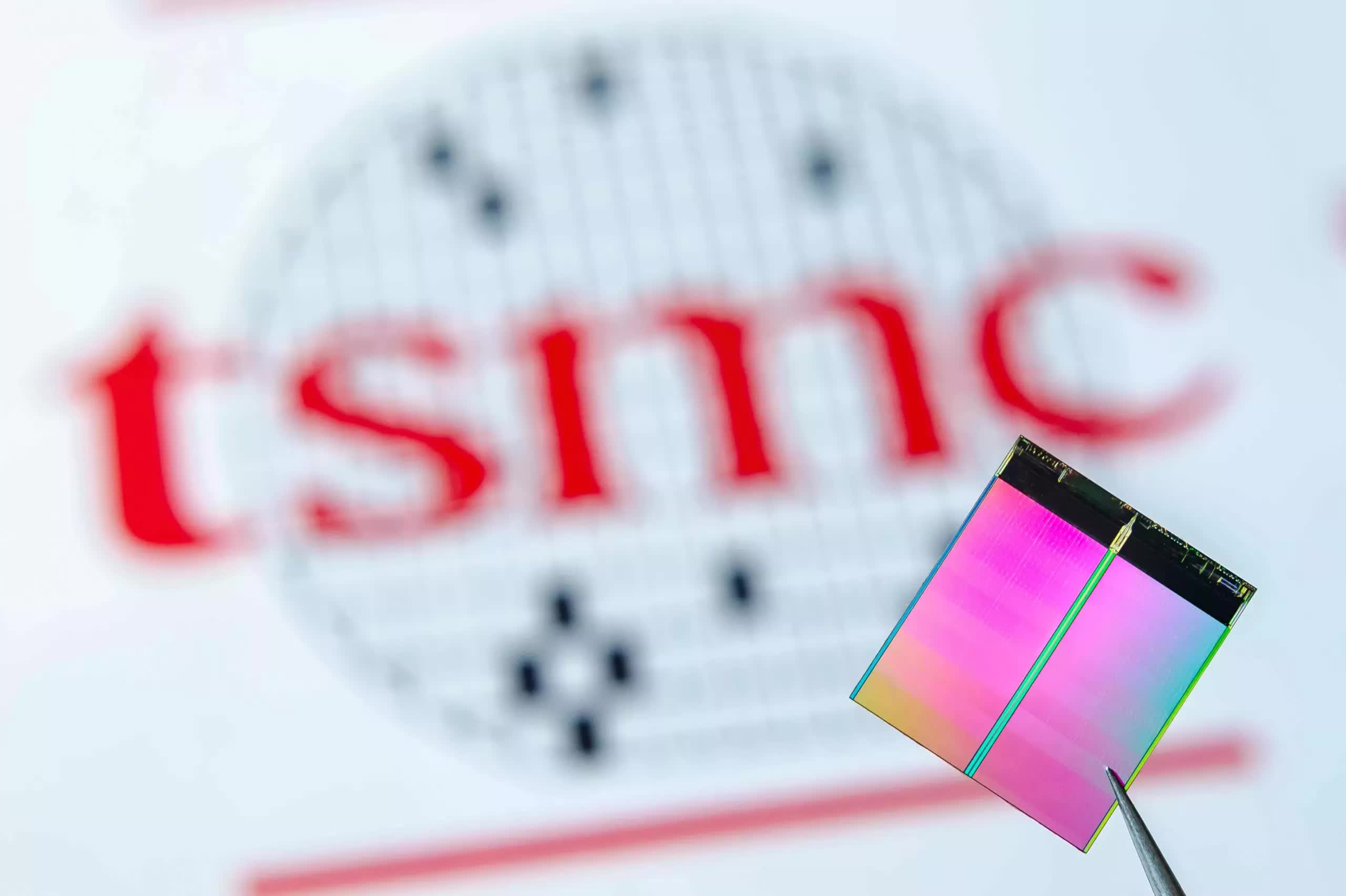
WWW.TECHSPOT.COM
Taiwan is finally allowing TSMC to build leading 2nm chips outside the country
In brief: The Taiwanese government is lifting restrictions that prevented TSMC from building cutting-edge fabrication plants overseas. The company will now be permitted to invest in production lines utilizing its most advanced 2nm chip process technology when establishing new fabs in the US. This marks a significant shift from past policies designed to safeguard Taiwan's leadership in semiconductor manufacturing. For years, Taiwanese chipmakers faced strict limits on the types of facilities they could build abroad particularly in China to maintain the island's technological edge.However, as Economic Affairs Minister J.W. Kuo recently stated, "Those were old-time rules. Times have changed."He emphasized that companies should be free to pursue profitable business opportunities globally, leveraging their own innovations. With over 60 percent of the world's major chip design firms based in the US, the market presents a prime opportunity for TSMC.Does this mean TSMC will immediately invest billions in a new 2nm mega fab in Arizona? The answer is not so straightforward. Minister Kuo expects the semiconductor leader to move "cautiously" on such a massive investment, which could exceed $30 billion.However, the company's existing $40+ billion Arizona fab plans appear to be rapidly evolving. The first plant is set to produce 4nm chips starting this year, while TSMC now aims for its second Arizona facility to manufacture 3nm and 2nm semiconductors by 2028. A third fab, dedicated to 2nm or more advanced processes, could become operational before 2030. // Related StoriesThese expansions will push TSMC's total Arizona investment beyond $65 billion.Meanwhile, Kuo downplayed the potential impact of shifts in US trade policies under incoming president Donald Trump. He predicted that the proposed tariffs would have minimal effects, given Taiwan's technological strengths. According to Kuo, the Trump presidency's four-year term "can't run for another term so his impact will be limited."The minister even suggested potential benefits, noting that Taiwanese exporters might see increased orders as US manufacturers replace Chinese suppliers affected by trade conflicts between the US and China.The policy reversal aligns with Taiwan's strategy to strengthen semiconductor supply chain partnerships with allies such as the US, Germany, Japan, and the Philippines in the coming year.To support this initiative, the ministry plans to open a new office near TSMC's two Japanese fabs to assist Taiwanese companies in establishing operations there. An agreement with Japanese authorities is expected soon to solidify these efforts.
0 Compartilhamentos
140 Visualizações


